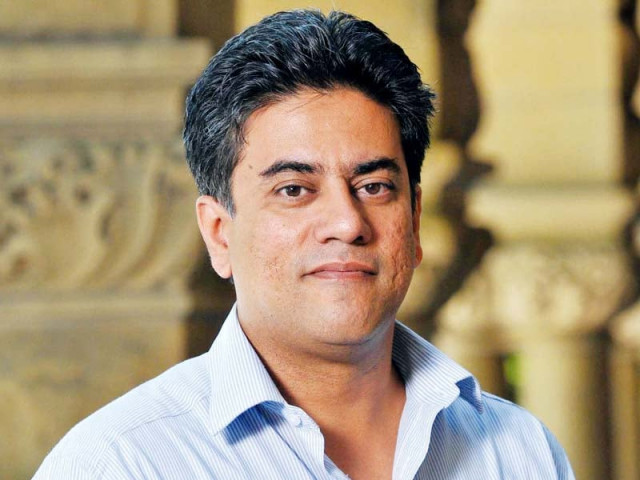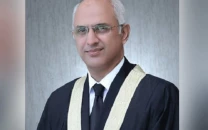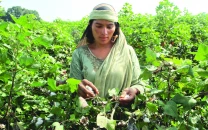An unapologetic journey
We have been criticised, ridiculed, threatened and attacked but also been appreciated and cited for our work

Editor Kamal Siddiqi
Looking back, I can say it has been a difficult but rewarding experience. We have been criticised, ridiculed, threatened and attacked. But at the same time, we have also been appreciated and cited for our work and for the stand we have taken on a number of issues. The praise has come from the most unexpected quarters and the recognition makes it all worth it.
Today we have four print and one web edition in place. Over the years, we have done journalism that we can be proud of. There have been dark days as well, particularly when our offices were attacked and our group’s staffers killed. We have had to take a few steps back. This was a painful learning curve.
As an editor, one has to recognise and balance the expectations of the newspaper’s management, the staff, as well as the readers. It would be easy to say that the interest of the readers and the audience is paramount for a newspaper, but this is not always the case.
Readers and staffers have both been upset by some stories we ran or some of the self-censorship we did. Facing the brunt of these changes is part of being an editor, although not a very pleasant aspect.
For me, the main concern has been the safety of our staff. This has guided me on many occasions to take difficult decisions about running certain stories. We have also done some stories that we shouldn’t have done, but have learnt along the way. It is sometimes unfair to compare us with newspapers that have been through these phases earlier in their life. We are aware of our young age.
And yet, in no other newspaper in Pakistan is so much retrospection involved. We are our own biggest critics, and our staffers have been more vocal than anyone else in expressing their opinion on how the newspaper is run or concern about some of the work we do.
Since the formative days of the newspaper to date, we have invested in our staff.
We didn’t stop at training the launch team, we have in place an on-going training system. We are proud that our hiring process and our career progression path is transparent. Staffers know where they stand and why, and they have the complete freedom to question and challenge decisions.
Our innovative approach allows us to send our staff abroad to avail learning opportunities and we allow them to move within cities across Pakistan so that their understanding of their country is broadened. As part of our training, we bring in speakers from different fields so that staff on the desk can benefit from their knowledge and experiences.
Ours is a dedicated team that comprises young and old, men and women. I am proud to say that it is one of the most diverse news teams in the country. We were cited in an ILO report for the number of women in our newsroom and our commitment to check workplace harassment.
Convergence has been a buzz word in the industry for some time now but we have been pioneers of this at different levels. Taking advantage of the vast networks already in place of our sister organisations such as Roznama Express and Express News as well as the more recent Sindh Express, we share our resources to benefit from the work of all and to blur the dividing lines between English and Urdu or Sindhi Journalism. Sometimes we use various different mediums to develop one story, starting with print, taking it online then to TV and then bringing back to print by the end of the day.
We have worked continuously to think out of the box. We were the first and only news organisation to bring on board an Ombudsman so that we are held accountable by our readers. The decision of the Ombudsman is binding on us. We also work seriously to address issues of ethics. Our infamous list of stories to be referred to the editor has more to do with ethics and less with censorship. For instance, we don’t report on negotiations for the release of kidnapped persons because it may put lives in danger and damage the position of the family.
There has been a lot of talk about how the institution of the editor is becoming irrelevant all over the world. Now we have content managers to oversee news. Who needs journalists anyway, ask some. I disagree here. Professional journalists may have to reinvent themselves to tell their stories to different audiences, but the market for good stories will remain.
Good journalism does not happen on its own. We have to create a conducive environment. Not only should we invest in resources but make sure that both reporters and sub editors are aware of the bigger picture.
As we move ahead, the challenges mount for us. I am mindful of how print is giving way to online. Given that most of our readers are online, we have to work on how we deliver news. We have to do this without sacrificing on quality - that will be the biggest challenge for us in the coming years.
Published in The Express Tribune, April 12th, 2015.



















COMMENTS
Comments are moderated and generally will be posted if they are on-topic and not abusive.
For more information, please see our Comments FAQ